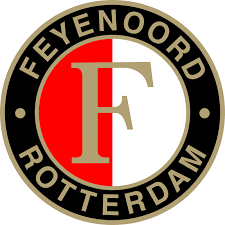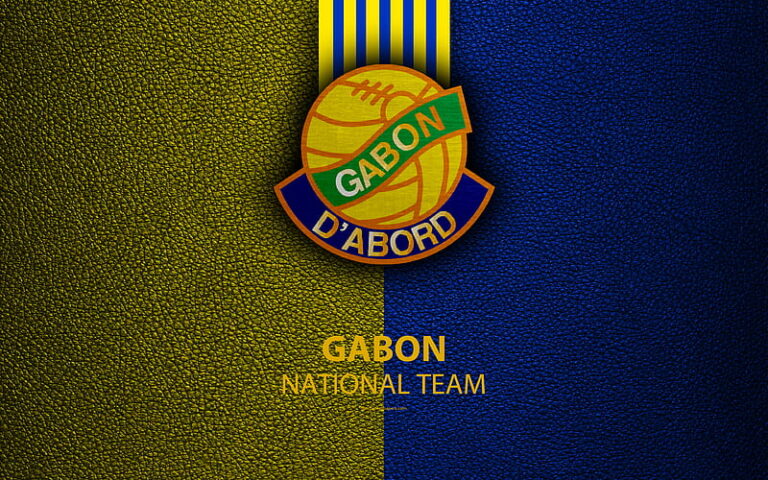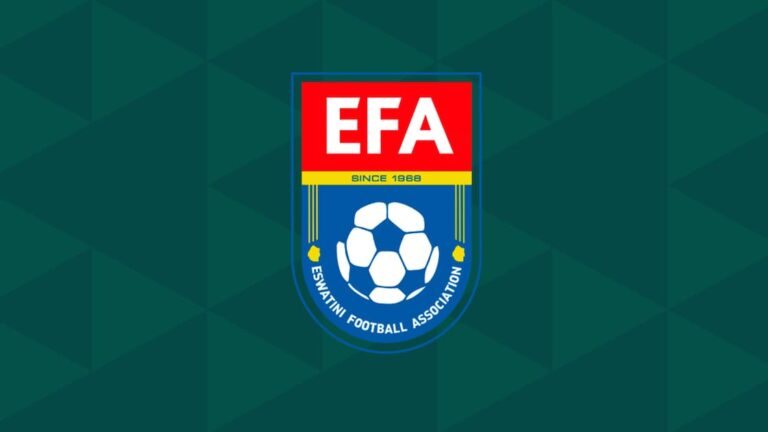
Feyenoord FC
In the annals of Feyenoord FC, the influence of key figures cannot be overstated. These individuals, from legendary players to visionary managers and influential club presidents, have significantly shaped the club’s identity and trajectory. Their contributions are not merely footnotes in history; they are the very foundation upon which Feyenoord has built its enduring legacy.
Feyenoord FC Defined Eras
Feyenoord has been graced by an array of exceptional talents who have etched their names into the club’s lore https://sbotop.wtf/.
Johan Cruyff: The Early Genius
While Johan Cruyff is predominantly associated with Ajax and Barcelona, his formative years at Feyenoord were pivotal. His tenure at the club helped mold him into the footballing genius he would become. Known for his extraordinary dribbling skills, vision, and intelligence on the pitch, Cruyff exemplified the philosophy of total football that would later define Dutch football.
His brief yet impactful time at Feyenoord laid the groundwork for his innovative thinking about the game. The club provided a nurturing environment that allowed young talents to flourish and was instrumental in developing Cruyff’s instincts and style of play. Though his career took him elsewhere, the lessons learned during his time at Feyenoord remained with him, influencing his future accolades and contributions to the sport.
Robin van Persie: The Prodigal Son
Returning to Feyenoord in the twilight of his illustrious career, Robin van Persie’s impact on the club extended beyond his playing days. The forward, once a promising talent at Feyenoord, went on to shine at clubs like Arsenal and Manchester United. Following his return, Van Persie brought a wealth of experience and professionalism back to his home club.
His technical finesse, combined with his goal-scoring prowess, served as an inspiration for younger players at Feyenoord. Van Persie’s leadership both on and off the pitch ignited a resurgence in fans’ passion and re-established a competitive edge within the team. His story serves as a reminder of how high-level players can return to their roots and contribute to the club’s culture and aspirations.
Giovanni van Bronckhorst: The Heart of Leadership
Serving as a captain during a golden era for Feyenoord, Giovanni van Bronckhorst’s influence transcends statistics. A versatile midfielder, he played a key role in the team’s success during the turn of the millennium. His tactical awareness and ability to inspire teammates made him a cornerstone of the squad.
After retiring as a player, Van Bronckhorst transitioned into management, bringing insights gained from his playing experiences. Under his tutelage, Feyenoord enjoyed domestic successes, highlighting the importance of strong leadership and continuity within the club. His journey from player to manager symbolizes the strong ties between generations at Feyenoord, ensuring that the values of the past remain integrated into the club’s future.
Influential Managers and Tactical Innovations
Feyenoord’s managerial history showcases a slew of influential figures whose strategies and philosophies have had lasting impacts on the club’s ethos and performance.
Ernst Happel: The Architect of Triumph
One of the most revered managers in Feyenoord’s history, Ernst Happel led the club to European glory in 1970. His tactical acumen and ability to motivate players created a winning culture that resonated throughout the squad. Happel introduced an attacking style of play that not only thrilled fans but also set a precedent for future coaches.
Beyond tactics, Happel’s emphasis on discipline and mental fortitude helped forge a resilient team capable of overcoming adversities. His legacy remains evident in the club’s approach to competition, emphasizing mental strength alongside technical skill, inspiring future managers to adopt similar philosophies.
Co Adriaanse: Tactical Flexibility
Another notable figure in Feyenoord’s coaching lineage is Co Adriaanse. Known for his tactical innovations and focus on player development, Adriaanse emphasized adapting strategies to exploit opponents’ weaknesses. His coaching style resonated well with the attacking flair synonymous with Dutch football.
Adriaanse’s commitment to youth development resulted in numerous academy graduates making their way into the first team, creating a seamless transition of talent. His legacy endures through the club’s current dedication to nurturing young players while balancing the demands of modern football.
The Role of Club Presidents and Off-Field Leaders
Behind every successful football club lies effective management and leadership. The role of club presidents, executives, and other off-field leaders has been instrumental in steering Feyenoord towards stability and growth amidst challenges.
Visionary Leadership
Strong leadership has guided Feyenoord through fluctuating fortunes over the decades. Effective club presidents have prioritized financial stability, long-term planning, and fostering a positive atmosphere among supporters and stakeholders. This vision has ensured that Feyenoord remains competitive both on and off the pitch, drawing fans and sponsors alike.
Their strategic foresight has often focused on increasing revenue through initiatives such as merchandising, sponsorships, and matchday experiences, securing the club’s position as a financially viable entity in an increasingly competitive landscape.
Community Engagement
Moreover, the club’s relationship with its supporters has fostered a sense of belonging and loyalty. Initiatives aimed at engaging local communities and enhancing fan experiences have solidified Feyenoord FC reputation as a club that values its heritage and the people that support it. This connection strengthens the fabric of the club, creating a robust support system that can weather challenging times.



